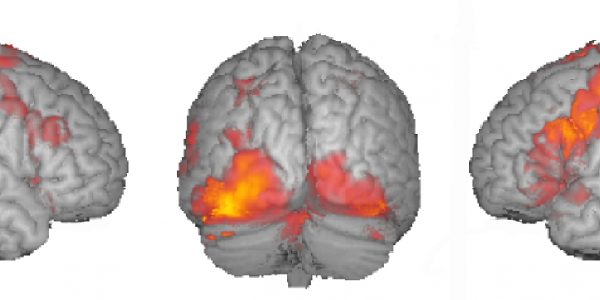LISTEN TO THIS ARTICLE:
As we enter this iteration of the Winter Olympics, I cannot help but think of the story of Olympic medalist figure skater Gracie Gold. Gold’s list of accomplishments is long, including numerous international trophies. She led the U.S. team to an Olympic bronze medal at the 2014 Winter Olympics and won the U.S. National Championship title in 2014 and again in 2016. Following her 2015-2016 season, Gracie’s performance faltered. This was the first time she stepped back from performing because of her mental struggles. However, these issues had been percolating for years.
She had started her unhealthy relationship with body weight in the run-up to the 2014 Olympics. Ill-informed comments from people around her sparked this new focus. The same drive for perfection that brought her success in skating took her down a rabbit hole when she started to diet. She used extreme, unhealthy eating restrictions to lose weight and initially, she felt like it helped her performance. All of her major wins between 2014 and 2016 reinforced this.
Mental health issues strike
Unfortunately, the pressure to perform took its toll. Gracie began binge and purge cycles of eating. Gorging on all manner of foods for weeks and then drastically cutting her food intake, subsisting on only a few hundred calories a day. Her weight fluctuated wildly – 20 pounds down, 50 pounds up.
Her skating suffered more and more. She was alone, depressed, and, at times, suicidal. She could barely muster the energy to get to practice. When she did show up, it was evident to those around her that she was in a bad place. In summer of 2017, her poor performance and emotional hurdles at a training camp prompted people around her to push her to seek treatment. Finally, she announced she would be taking time off from the sport she loved so much to focus on her mental health.
Gracie completed a stay at an inpatient eating disorder treatment center, noting that it was a relief to finally take time to focus on these issues that had plagued her for so long. She gradually eased back into skating, too. She got a new coach, one who supported healthy eating habits and promoted her mental and physical wellness. Just this month, Gracie made her return, coming in sixth in her eighth and final U.S. National Championship.
Speaking out makes a safer space for others
Gracie Gold’s inspirational story is not unlike those of other Olympians and sports stars, like Simone Biles or Naomi Osaka. In fact, it seems the more athletes who speak openly about their mental health struggles, the more come out with similar stories. There is so much hidden pain out there. We are only just beginning to uncover the unhealthy environments that allow people to suffer so much, so silently.
National Suicide Prevention Lifeline: 1-800-273-8255, suicidepreventionlifeline.org
National Eating Disorders Association (NEDA): 1-800-931-2237, NationalEatingDisorders.org


 Learn
Learn Get News
Get News Find Help
Find Help
 Share
Share
 Share
Share
 Share
Share
 Share
Share


